In an intricate web of alliances and enmities, can one's adversary's adversary truly become an ally? And yet, what if that adversary happens to be the most notorious anti-Semitic criminal in history?
Related Movies
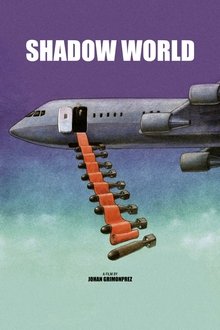
Shadow World (2016)
A detailed investigation into the political and economic interests that, since the beginning of the 20th century, have pulled the strings of the arms trade, hidden in the shadows, feeding the shameful corruption of politicians and government officials and promoting a state of permanent war throughout the world, while they cynically asked for a lasting and universal peace.
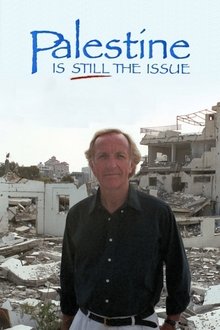
Palestine Is Still the Issue (2003)
A documentary about the Israeli-Palestinian conflict that has lasted for more than 50 years. Contains some interviews with the children in this conflict.

Control Room (2004)
A chronicle which provides a rare window into the international perception of the Iraq War, courtesy of Al Jazeera, the Arab world's most popular news outlet. Roundly criticized by Cabinet members and Pentagon officials for reporting with a pro-Iraqi bias, and strongly condemned for frequently airing civilian causalities as well as footage of American POWs, the station has revealed (and continues to show the world) everything about the Iraq War that the Bush administration did not want it to see.
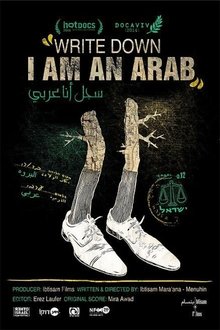
Write Down, I Am an Arab (2014)
"Write Down, I am an Arab" tells the story of Mahmoud Darwish, the Palestinian national poet and one of the most influential writers of the Arab world. His writing shaped Palestinian identity and helped galvanize generations of Palestinians to their cause. Born in the Galilee, Darwish's family fled during the 1948 Arab-Israeli War and returned a few years later to a ruined homeland. These early experiences would provide the foundation for a writing career that would come to define an entire nation.

Waltz with Bashir (2008)
An Israeli film director interviews fellow veterans of the 1982 invasion of Lebanon to reconstruct his own memories of his term of service in that conflict.

Detained (2001)
Najwa, Nawal, and Siham, three Palestinian widows, live with their 11 children in a house on Shuhada Street in Hebron. Their house lies on the border; the façade is under Israeli occupation, the Palestinian Authority controls the back. At the entrance to the house is a military post; on the roof the Israeli army has placed a watch point over Palestinian Hebron. The three women, trapped in the middle and constantly surrounded by Israeli soldiers, carry on their difficult lives in a perverse situation: the occupation becomes a routine, the absurd becomes a given. This is the story of an occupation that extends to the staircase and the roof of the house, where it encounters poverty, loneliness, pain, but also the small joys of everyday life. This is an internal prison, the external one is the ongoing occupation.

The Easiest Targets (2007)
Five women – Palestinian, American, Muslim, Christian, and Jewish – tell stories of humiliation and harassment by Israeli border guards and airport security officials.

The Darkest Days: Israel-Gaza Six Months On (2024)
Six months after the 7 October attacks, Lyse Doucet presents searing accounts of the human cost from both sides and explores what it will take to bring about a lasting peace.
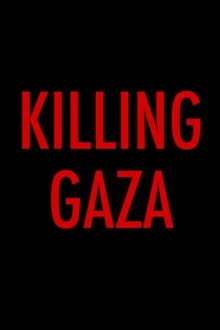
Killing Gaza (2018)
In Killing Gaza, independent journalists Max Blumenthal and Dan Cohen documented Israel’s 2014 war on Gaza. Yet this film is much more than a documentary about Palestinian resilience and suffering. It is a chilling visual document of war crimes committed by the Israeli military, featuring direct testimony and evidence from the survivors.
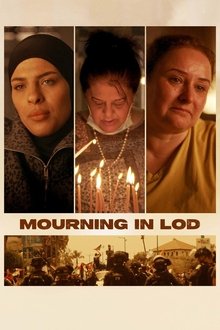
Mourning in Lod (2023)
MOURNING IN LOD, takes a microcosmic look at the Israeli-Palestinian conflict through Musa, Yigal, and Randa — three people whose fates become inextricably linked in a vicious cycle of violence. Lod/Lydd is a “mixed” city inhabited by Arabs and Jews who live side by side in a strained coexistence. In May 2021, two of these three people lost their lives and and one regained hers — thanks to an unlikely organ transplant. The outpouring of love, anger, forgiveness and sorrow that follows in their wake is a ray of light that offsets a collective state of mourning with no end in sight.
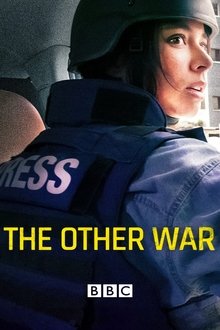
The Other War (2024)
Isobel Yeung and a team of BBC Investigative journalists navigate gun battles, combat raids and secretive meetings as they conduct an investigation deep inside the occupied West Bank. What they find raises serious questions about the conduct of the Israeli Military and uncovers a dangerous situation that is on the brink of exploding.
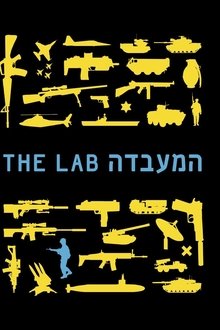
The Lab (2013)
Since 9/11, the Israeli arms industries are doing bigger business than ever before. Large Israeli companies develop and test the vessels of future warfare, which is then sold worldwide by private Israeli agents, who manipulate a network of Israeli politicians and army commanders, while Israeli theoreticians explain to various foreign countries how to defeat civil and para-military resistance. All based on the extensive Israeli experience.The film reveals The Lab, which has transformed the Israeli military occupation of Gaza and the West Bank from a burden to a marketable, highly profitable, national asset.
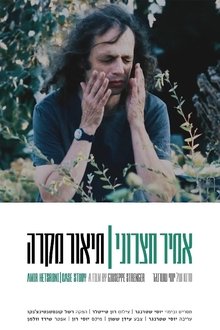
Amir Hetsroni: Case Study (2020)
A fascinating journey with Israel’s notorious provocateur, Prof. Amir Hetsroni, into the depth of his romantic and interpersonal relationships, alienated childhood, and public persona versus his self-identity.
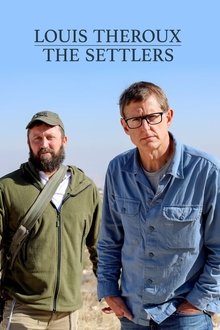
Louis Theroux: The Settlers (2025)
14 years after his first visit, Louis Theroux meets some of the growing community of religious-nationalist Israelis who have settled in the occupied West Bank.

Exodus 1947 (1997)
Exodus 1947 is a one hour PBS documentary narrated by Morley Safer with a score by Ilan Rechtman. The Exodus 1947 voyage acted as a catalyst in forming the new State of Israel. The documentary focuses on clandestine and "illegal" American efforts to finance and crew the most infamous of ten American ships that attempted to bring Jewish refugees to Palestine.
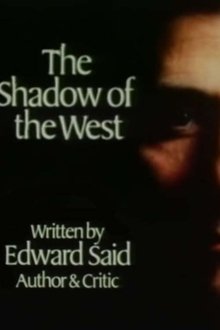
The Shadow of the West (1983)
Edward Said, Professor of English & Comparative Literature at Columbia University, was one of the most prominent literary critics of the late 20th century and a leading spokesperson for the Palestinian cause in the US. In this episode, Said examines Western attitudes to the Arabs and finds their origins in the Crusades, Hollywood and European empire building. He sees the Palestinian fate as the result of years of Western interference. One of the ten episodes of The Arabs: A Living History.
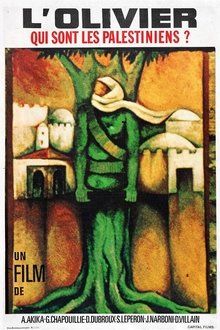
The Olive Tree (1976)
Filmed between 1973 and 1975, L’Olivier was produced by the Vincennes Cinema Group. This activist collective of teachers and filmmakers, formed on the occasion of this film, attempts to explain the Palestinian problem through interviews. The Olivier was one of the first films to attempt to give substance to what was still largely ignored in the West: the existence of the Palestinian people and their fight to recover their rights. L'Olivier responds to a concern: the already weak support of French public opinion for the Palestinian cause diminished following the Munich operation of 1972. Structured in such a way as to tell the Palestinian story and explain the state of the struggle at the time, the film appeals to global militant solidarity and, in particular, to European political commitments.
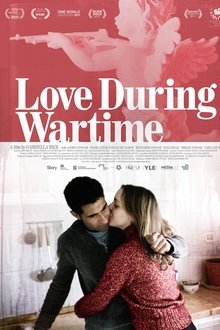
Love During Wartime (2010)
"There can only be an unhappy ending to this", people say when they hear about Palestinian Osama and his Israeli wife Jasmin’s love. Their home countries separate them through racist laws and lack of security. They choose exile, but soon rosy dreams turn into despair in an inhospitable Europe. Will their love survive?
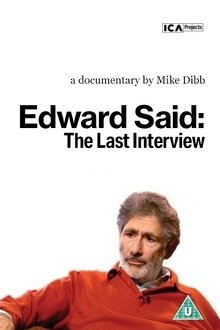
Edward Said: The Last Interview (2004)
Edward Said, Professor of English & Comparative Literature at Columbia University, was a prominent literary critic of the late 20th century and a leading spokesperson for the Palestinian cause in the US. Born to a Palestinian family in Al-Quds (Jerusalem) in 1935, he and his family were dispossessed in 1948 and settled in Cairo. Educated in the US, he lived in New York for many years. Said was a member of the Palestine National Council. After resigning from the PNC in 1991, Said wrote critically about the post-Oslo peace process, the political failures of Yasser Arafat and the PLO. Said was diagnosed with leukemia in 1991 and struggled with the disease while continuing to write and teach. He stopped giving interviews but made an exception less than a year before his death in 2003, speaking about his illness, work, Palestine, politics, life, and education. The last interview is the final testament of this passionately committed intellectual.
